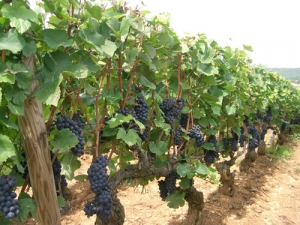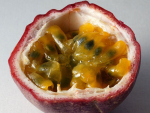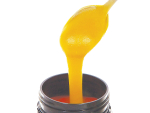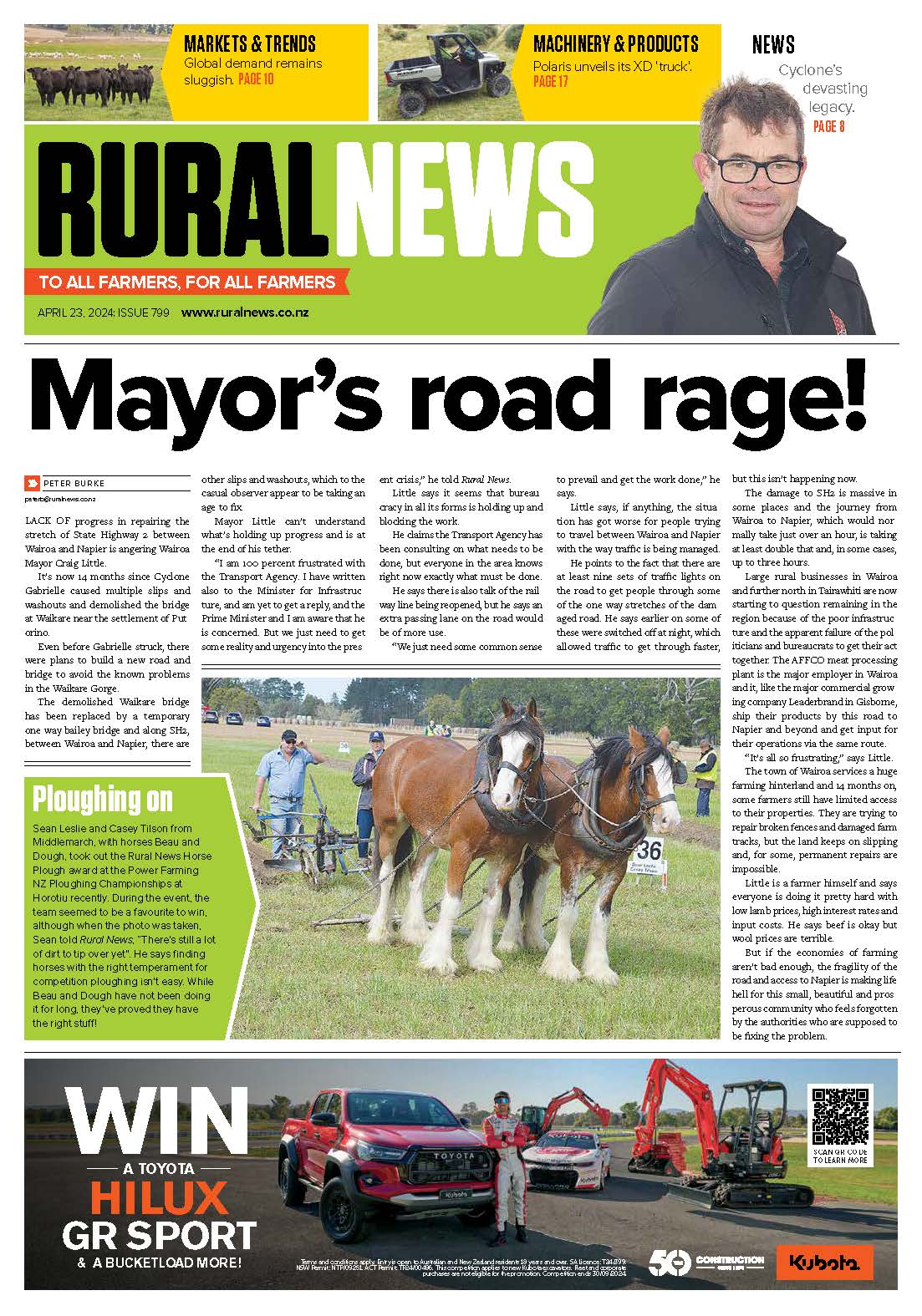A new study suggests microbes could be the reason why wines differ in regions.
The study, conducted in six of New Zealand's major wine-growing regions, has found that differences in flavour and aroma of wine from different areas may depend more on microbes than previously thought.
Classically, taste and smell differences in wine, and other agricultural crops like as coffee, were put down to environmental variables such as climate and minerals. The idea that organisms such as microbes played a role was not appreciated until very recently.
Previous work by associate professor, Mat Goddard, and research fellow, Sarah Knight, from the University of Auckland's School of Biological Sciences, demonstrated that different regions of New Zealand have different types of the main yeasts that ferment juice into wine.
The latest research investigates whether yeasts from these regionally genetically different populations made any difference to a range of wine compounds known to affect aroma and flavour.
Starting with the same grape juice, they made replicate batches of wine with the different types of yeasts from six different areas in New Zealand. After fermentation, they then analysed the concentrations of 39 different yeast-derived compounds that affect the flavour and aroma of wine. They found that 29 of these compounds vary depending on which region the yeast originated from.
Goddard says, "We believe that this is the first direct experimental evidence showing that microbes help define why you get different wine in different places, or the idea of 'terroir'. The regional distinctiveness of wine plays a major part in its value, and there is a lot of interest in what drives terroir."
"These findings could be very important because if this is true for wine, it may also be true for other agricultural crops."
The researchers believe that their study could have wide-ranging implications for sustainable agriculture. Their findings indicate the importance of characterising and understanding biodiversity and the services it may provide, and this could be extended to other important agricultural commodities.
The research was conducted as part of New Zealand Winegrowers and Plant & Food Research's wine research programme, which aims to identify the key components of vineyard management and winemaking that influence wine flavour and aroma, particularly those that contribute to the unique flavours found in Marlborough sauvignon blanc.
"New Zealand has a reputation for delivering wines with unique flavours that are recognised by global consumers for their novelty and high quality," says Damian Martin, science group leader viticulture & oenology at Plant & Food Research.
"Understanding how these flavours are influenced by growing region, environmental factors, and vine management techniques will provide winemakers with tools and technologies to capitalise on this knowledge and maintain New Zealand's position as a premium winemaker, as well as support the industry in gaining entry into new, emerging markets."












